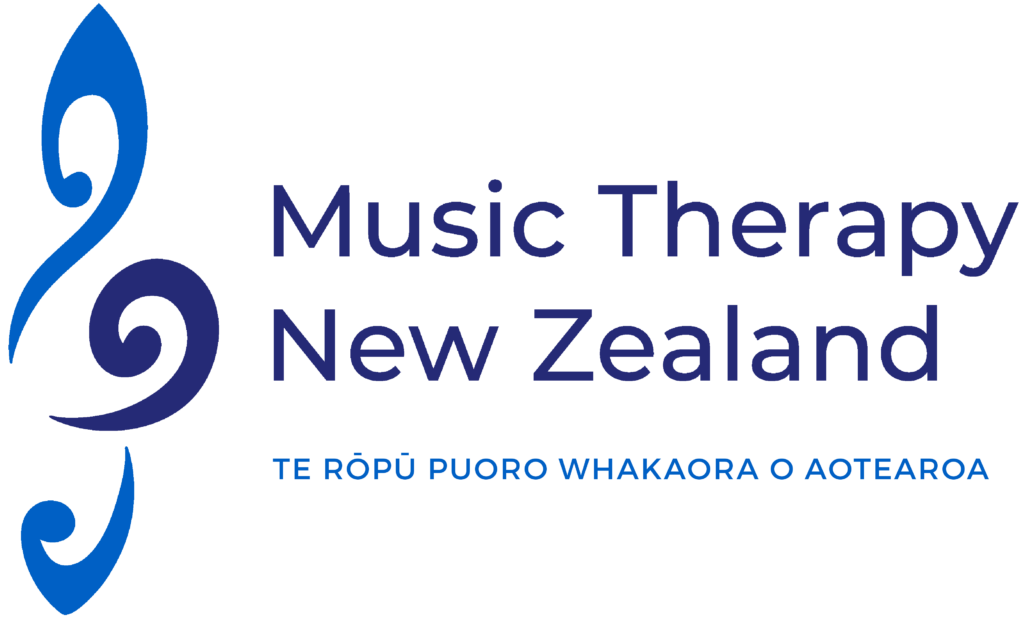Natasha Thompson
BA (Hons), BMus
Honours student, The University of Auckland, 2014
Shari Storie (née Ludlam)
MMusTher (Hons), BSc, BMus, NZ RMTh
CeleBRation Choir, Centre for Brain Research, The University of Auckland
Suzanne Purdy
PhD, MSc, DipAud, FAAA, MAudSA, MNZAS
Speech Science and Centre for Brain Research, The University of Auckland.
Keywords: Aphasia, rhythm, prosody, speech, affect.
Abstract
Aphasia is an acquired language disorder that can arise as a consequence of stroke. It has long been suggested that singing therapies may play a part in aphasia recovery, given the phenomenon that those who lose the ability to speak due to neurological injury often retain the ability to produce words through singing. Recent research suggests that singing may be particularly effective in recovering the ability to convey emotion in speech; however, little is known about the mechanisms by which it may be effective. It is unclear how melodic and rhythmic components contribute to the overall therapeutic effect, and whether certain patient populations are more sensitive to different components. This exploratory study investigated the feasibility of delivering a rhythm-focused singing intervention, as a means of distinguishing the individual therapeutic contributions of rhythm and melody in future research. Intervention exercises were targeted at improving awareness of rhythmic groupings while melodic accuracy was largely ignored. Music perception tests were used to assess whether the intervention uniquely targeted rhythm skills. Following a once weekly, one-month group intervention, participants – self-reported communicative difficulties decreased, and there was a trend towards improvements in affective prosody perception. This article presents a theoretical background for the intervention, and outlines study methodology and results, to inform future music therapy clinical practice and research. Ethical approval was given by the University of Auckland Human Participants Ethics Committee on July 2, 2014 (reference 7398).


